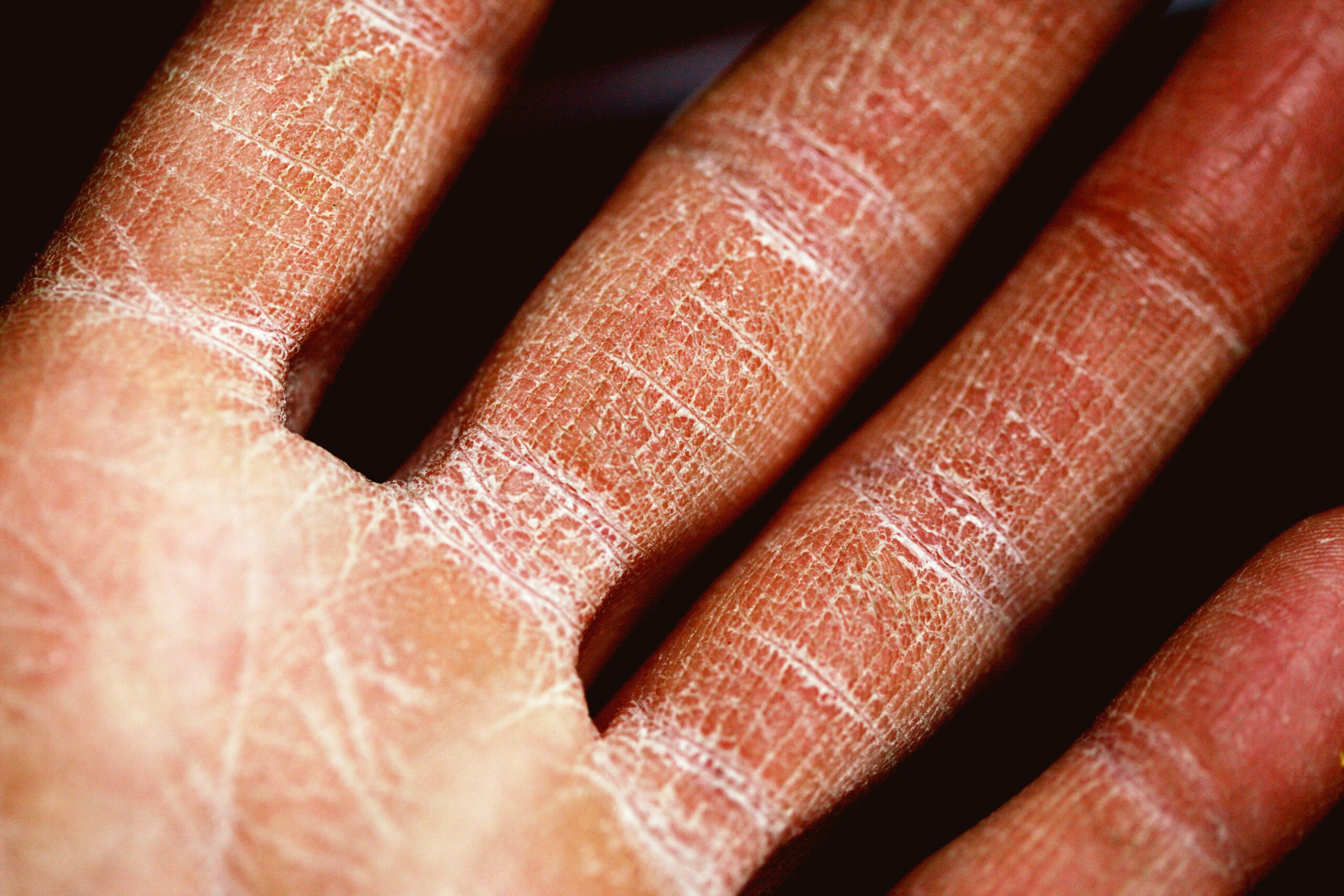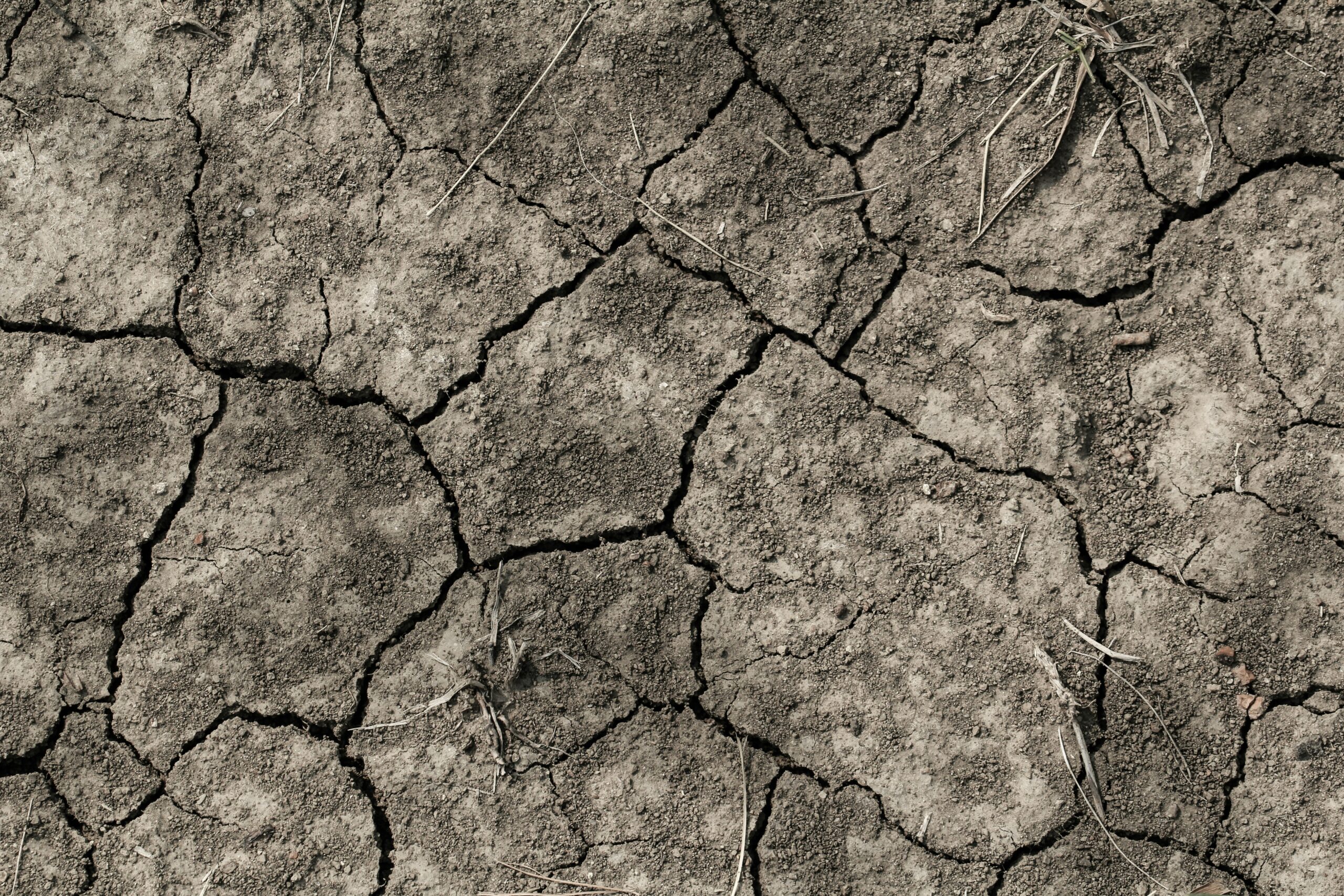Have you ever thought about how important water is for your health? It’s something most of us have heard countless times, but the real question is: can dehydration lead to kidney problems? It turns out, the connection between your water intake and kidney health is not only fascinating but crucial. Let’s take a closer look at how they are related.
Understanding Dehydration
Dehydration occurs when your body loses more fluids than it takes in. It’s more than just feeling thirsty after a workout. Your body requires water to regulate temperature, lubricate joints, and aid in digestion, among other vital functions. When you don’t have enough fluid, your body can’t perform these functions effectively.
Causes of Dehydration
The reasons you may find yourself dehydrated are varied, from simply not drinking enough water to losing excess fluids through sweating, vomiting, diarrhea, or even fever. Certain medications and underlying health conditions can also increase the risk of dehydration.
Symptoms of Dehydration
Recognizing dehydration is essential in preventing complications. Symptoms may range from mild to severe, including dry mouth, lethargy, dizziness, and decreased urine output. In severe cases, you might experience confusion, rapid heart rate, and even unconsciousness. It’s essential to listen to your body and respond to these signals promptly.
The Role of Kidneys
Your kidneys are sophisticated filtration units that play a central role in maintaining fluid balance, removing waste, regulating electrolytes, and controlling blood pressure. They filter your blood about 30 times a day, turning waste and excess substances into urine to be expelled from your body.
How Kidneys Function
Understanding how kidneys work can highlight their importance. Kidneys filter the body’s entire blood supply approximately every 30 minutes, removing toxins, balancing fluids, and ensuring essential nutrients are retained. They also produce hormones that regulate blood pressure, control the production of red blood cells, and maintain bone health.
Importance of Water in Kidney Function
Your kidneys need adequate water to function properly. Water helps dissolve waste products and flush them out of your body in the form of urine. Without enough water, this waste can build up and lead to kidney problems.

The Connection Between Dehydration and Kidney Health
So, what exactly happens to your kidneys when you’re dehydrated? Without sufficient fluids, your kidneys can’t function optimally, leading to a cascade of potential issues that can affect your overall health.
Short-term Effects of Dehydration on Kidneys
In the short term, dehydration may result in a concentrated form of urine, making it darker and possibly causing discomfort. Although this is a temporary issue, frequent occurrences can begin to put strain on your kidneys.
Long-term Effects and Risks
Prolonged or frequent dehydration can lead to kidney stones and, in severe cases, chronic kidney disease. As your kidneys work harder to filter concentrated waste, the risk of forming stones increases. Chronic dehydration can also lead to impairment in kidney function over time, with significant health implications.
Kidney Stones and Dehydration
Kidney stones are hard mineral deposits that form inside your kidneys, often associated with inadequate fluid intake. When urine becomes highly concentrated, minerals can crystallize and stick together, forming stones. These stones can be extremely painful and may require medical intervention.
Symptoms and Causes
Kidney stones might not cause symptoms until they move around within your kidney or pass into your ureter. Then, you may feel severe pain in the side and back, below the ribs, and pain that spreads to the lower abdomen and groin. Other symptoms include nausea, vomiting, persistent urge to urinate, and blood in the urine. Lack of sufficient water is a leading cause, as it leads to concentrated urine.
Prevention Through Hydration
Drinking an adequate amount of water can help prevent kidney stones by diluting substances in your urine that lead to stones. A general guideline is to aim for at least eight to ten glasses of water a day, though needs can differ based on age, gender, and overall health.

Chronic Dehydration and Kidney Disease
Chronic dehydration may lead to kidney disease, a serious condition requiring medical attention. Your kidneys can become damaged over time, losing the ability to function properly, potentially leading to end-stage renal disease requiring dialysis, age in place home care, or a kidney transplant.
Understanding Kidney Disease
Kidney disease means your kidneys are damaged and cannot filter blood the way they should. The condition often develops slowly over many years and is commonly attributed to high blood pressure, diabetes, and dehydration, among other factors.
Signs and Symptoms of Kidney Damage
Early detection can halt the progression of kidney damage. Look out for symptoms such as swelling in feet and ankles, frequent urination, especially at night, foamy urine, persistent puffiness around your eyes, muscle cramping, and poor appetite.
Staying Hydrated for Optimal Kidney Health
Ensuring adequate hydration is one of the simplest yet most effective ways to support kidney health. It’s not just about drinking when you’re thirsty, but maintaining consistent hydration throughout the day.
Tips for Staying Hydrated
- Set Reminders: Use phone apps or alarms to remind you to drink water regularly throughout the day.
- Track Intake: Install an app or use a journal to keep a record of your daily water intake.
- Flavor Your Water: Enhance plain water with slices of citrus fruits, berries, or mint to make it more appealing.
- Choose Water-Rich Foods: Incorporate foods high in water content, such as watermelon, cucumbers, and oranges, into your diet.
- Monitor Urine Color: Keep an eye on the color of your urine. It should be light yellow; darker urine indicates that you need more fluids.
- Hydrate Before Feeling Thirsty: Don’t wait until you feel parched; make drinking water a regular habit.
Special Considerations
Some people may have special hydration needs due to medical conditions or certain medications. If you’re unsure, it’s always wise to consult with a healthcare provider.

Conclusion
The link between dehydration and kidney problems highlights the critical role of water in maintaining overall health. By keeping well-hydrated, you support your kidneys in performing their vital functions, reduce the risk of kidney stones, and safeguard against chronic kidney disease. Your body relies on you to provide it with the necessary fluids to run smoothly, so remember, staying hydrated is not a luxury but a necessity for your well-being. Take the step towards better health today by making hydration a priority; your kidneys will thank you!

